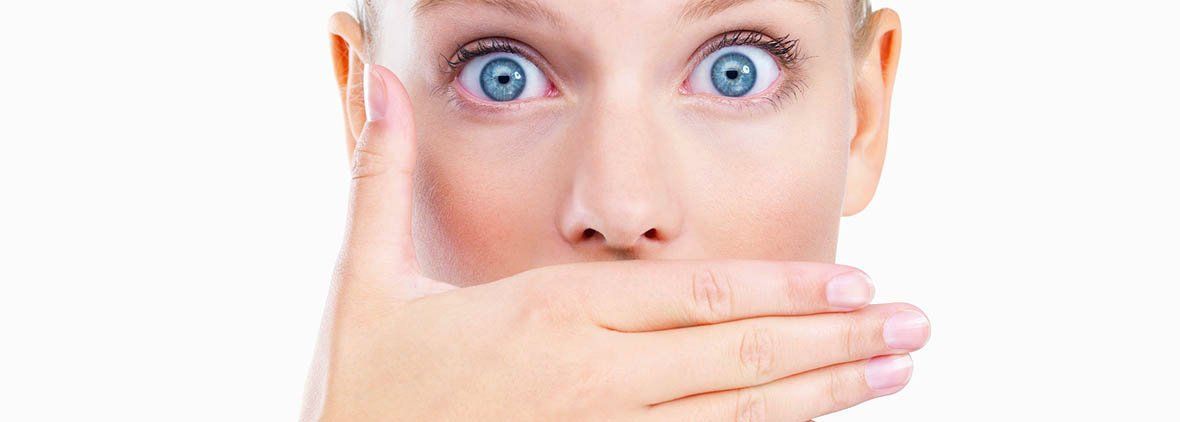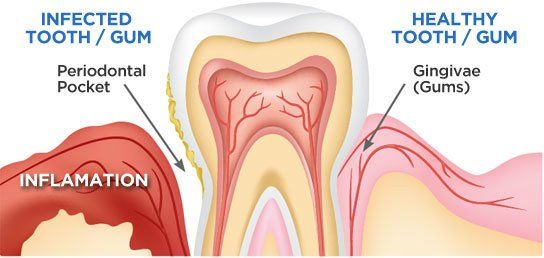Effects Of Stress On Your Oral Health
Effects Of Stress On Your Oral Health

We all know that stress is not good for your health. Some get a headache, a stomach ache or feeling tired all the time. But did you know that too much stress could also have a negative effect oral health? For instance, stress can lead to:
- Clenching of teeth and teeth grinding (bruxism)
- Poor oral hygiene and unhealthy eating routines
- Mouth sores, including mouth ulcers and cold sores
- Periodontal (gum) disease or worsening of existing periodontal disease.

Teeth grinding: stress may make you unconsciously grind your teeth - during the day or at night. Teeth grinding is also known as bruxism. If you already clench and grind your teeth, stress could make the habit worse. Your dentist may recommend a night guard, worn while you sleep, or another appliance to help you stop or minimise the actions.

Poor oral hygiene: being under extreme stress may affect your overall mood and cause you to skip oral hygiene habits such as flossing and brushing. If you do not take care of your mouth, your teeth and oral health can suffer. If you already have gum disease, skipping daily hygiene may worsen the problem. When under stress, you may also develop unhealthy eating habits, such as snacking on large amounts of sugary foods or drinks. These habits increase the risk of tooth decay and other problems.
Mouth sores: mouth ulcers are small ulcers with a white or greyish base and bordered in red. They appear inside the mouth, sometimes in pairs or even greater numbers. Although experts are not sure what causes them - it could be immune system problems, bacteria or viruses - they do think that stress, as well as fatigue and allergies, can increase the risk of getting them. Most mouth ulcers disappear in a week to 10 days. Cold sores are caused by the Herpes simplex virus and are contagious. They often start with a tingling sensation where the sore is going to appear. Cold sores are fluid-filled blisters that then burst, and usually appear on or around the lips. Emotional upset can trigger an outbreak. Like mouth ulcers, cold sores often heal on their own in a week or so. Treatment is available, including over-the-counter anti-viral creams and prescription antiviral drugs. Ask your doctor or dentist.

How to reduce the negative effect of stress on your oral health?
You often can’t make the stress disappear but learning healthy coping strategies can help to reduce the risk of gum problems becoming worse. Healthy coping is "problem-focused", with active and practical strategies to deal with the stress and depression. Start with eating a balanced diet, seeing your dentist regularly and good oral hygiene; that alone can help you to reduce your risks of periodontal disease. Make sure you brush twice a day and floss daily.

Getting regular exercise, like walking or swimming, is a natural remedy for stress as it releases the mood-enhancing brain chemical, serotonin. Meditation, breathing exercises or yoga can also help you learn to relax and unwind. Finally lifestyle changes that may help include reducing or avoiding caffeine which can increase anxiety and disrupt sleep and reducing or avoiding drinking alcohol which has been shown to make feelings of anxiety worse.
 TR
TR